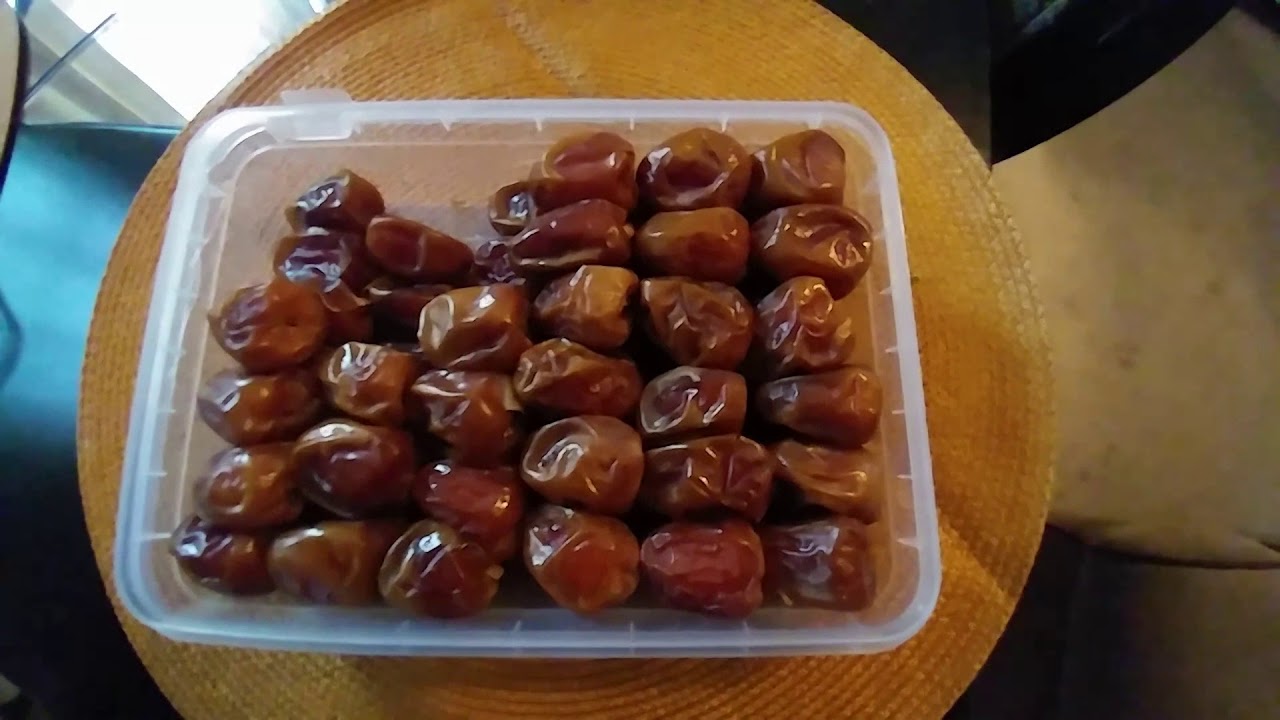THE HEALTHIEST FRUITS FOR YOUR BODY!!!
MANGO
Mangos are a rich source of polyphenols, antioxidants that protect human cells from damage. However, mangos have a special polyphenol with a high antioxidant activity called mangiferin. Mangiferin has the potential to fight degenerative diseases like diabetes, heart disease, and cancer. Mangos also contain the antioxidant zeaxanthin, which filters out harmful blue light rays (both from the sun, and artificial sources like digital screens and electronic devices).
BERRIES
Berries are rich in phytochemicals that are responsible for its red, purple and blue colors. These phytochemicals have antioxidant, anti-inflammatory, and cell regulatory effects that may help prevent heart disease and some types of cancers. Some berries contain antibacterial properties – Raspberries and blackcurrants inhibit twelve different strains of bacteria along with C.
RED GRAPES

The high phenolic content in grapes helps prevent oxidation of LDL (considered ‘bad’ cholesterol), which is a critical event in the process of atherogenesis. Red grapes are also a source of resveratrol which has received a lot of attention lately, as it’s been shown to play a role in a healthy heart. In addition, certain compounds found in grape seed extracts have shown promise in slowing the progression of Alzheimer’s and has made strides in the treatment of head and neck cancers.
KIWIFRUIT

Along with its good source of antioxidants, kiwifruit helps lower blood lipid levels, and alleviate some skin conditions. The fruit’s phytochemicals have generated interest in its antioxidant and anti-inflammatory actions that may help reduce the risk of cardiovascular disease and cancer. Kiwi has also been shown to help with digestive issues due to its high fiber content, and prebiotic complex carbohydrates.
PAPAYA

The papaya has medicinal uses ranging from relieving symptoms of asthma to the healing of burns from its anti-inflammatory properties contained in the enzyme papain, which also helps with digestion. Papaya is also rich in beta-cryptoxanthin, responsible for its anti-tumor properties.
DATES

The first thing that probably comes to mind when you think of dates, is a laxative. While dates do aid in relieving constipation, they help balance your digestive system relieving constipation due to their fiber content, and diarrhea and upset stomach due to their potassium content. Dates are also a good source of iron to help treat anemia and fiber and selenium that may help prevent colon cancer.
POMEGRANATE
Scientists have identified certain components in pomegranates that inhibit the movement of cancer cells, specifically those causing prostate cancer. In addition to their anticarcinogenic properties, pomegranates have anti-inflammatory properties and contain antioxidants that help improve cardiovascular health and lower cholesterol.
CHERRIES

Cherries, especially dark cherries, contain large amounts of phenolic compounds that act as antioxidants, anti-inflammatory, antimicrobial, and anticarcinogenic agents. Their unique reputation for providing anti-gout benefits make cherries a good addition to your diet if you suffer from this condition.
CITRUS FRUITS

Oranges, lemons, limes, and grapefruits all have important nutrients like vitamin C, folate, and fiber, but what makes citrus fruits unique is the high level of the phytochemical known as limonoid, which is effective against tumor growth.






Comments
Post a Comment